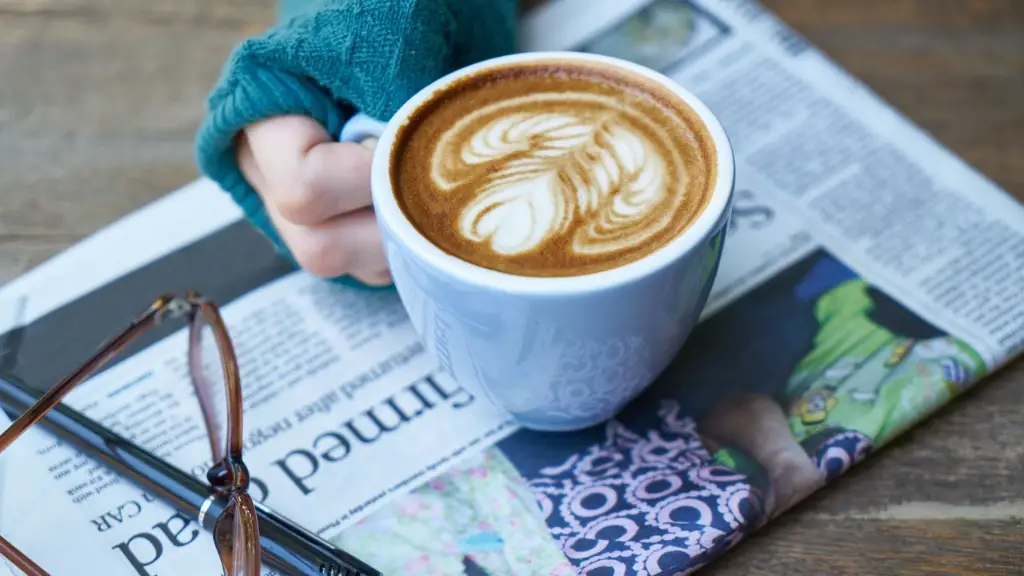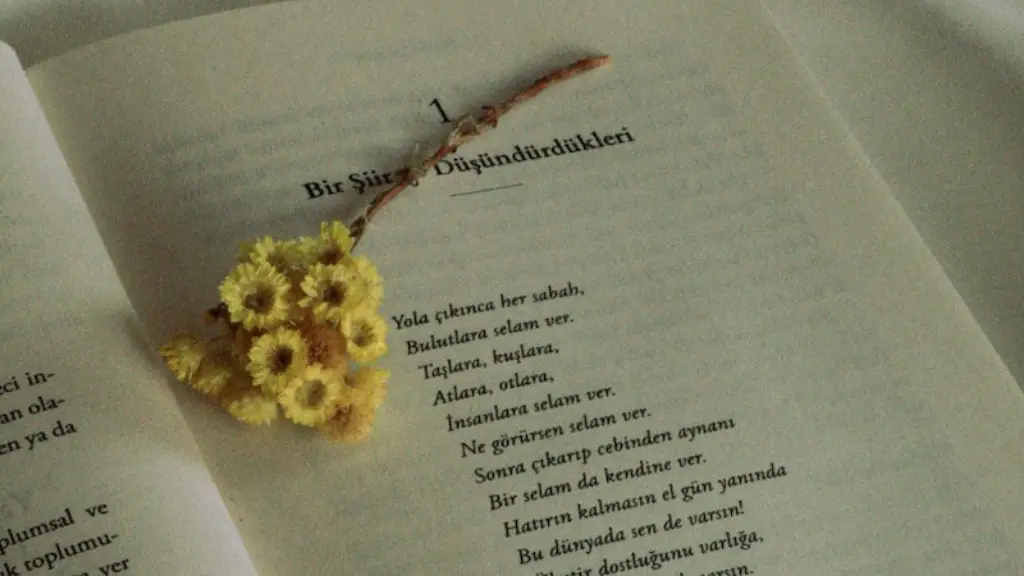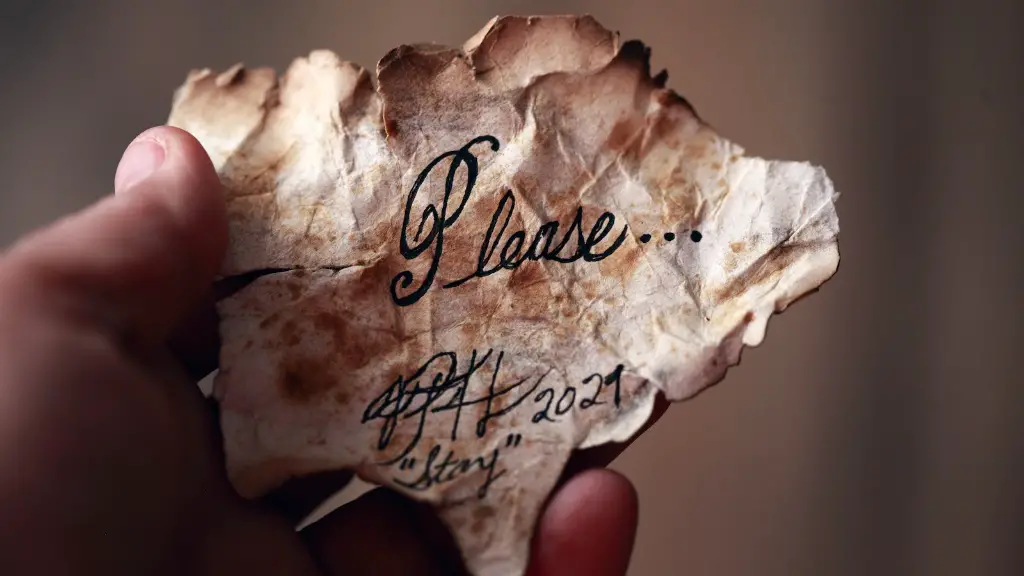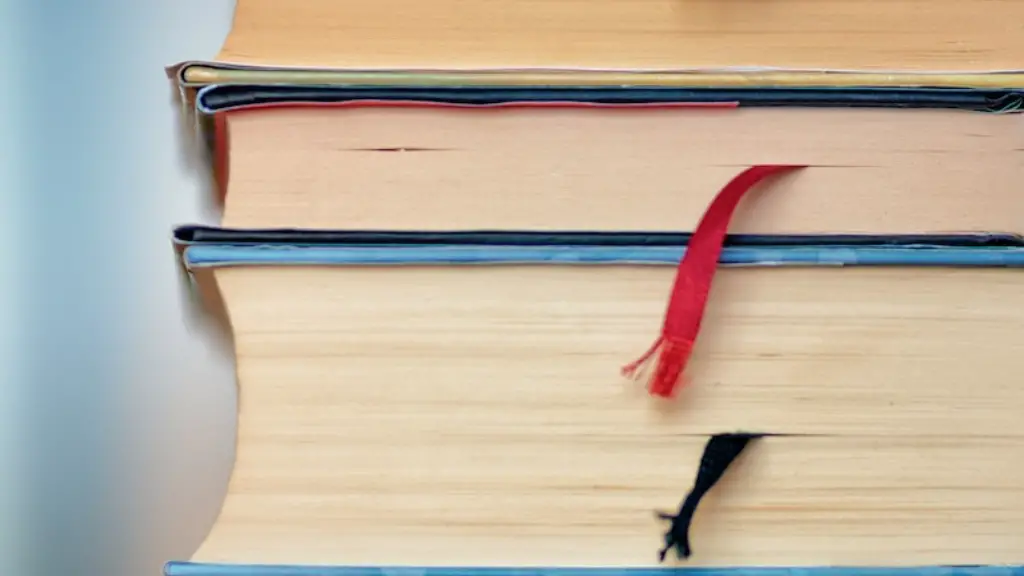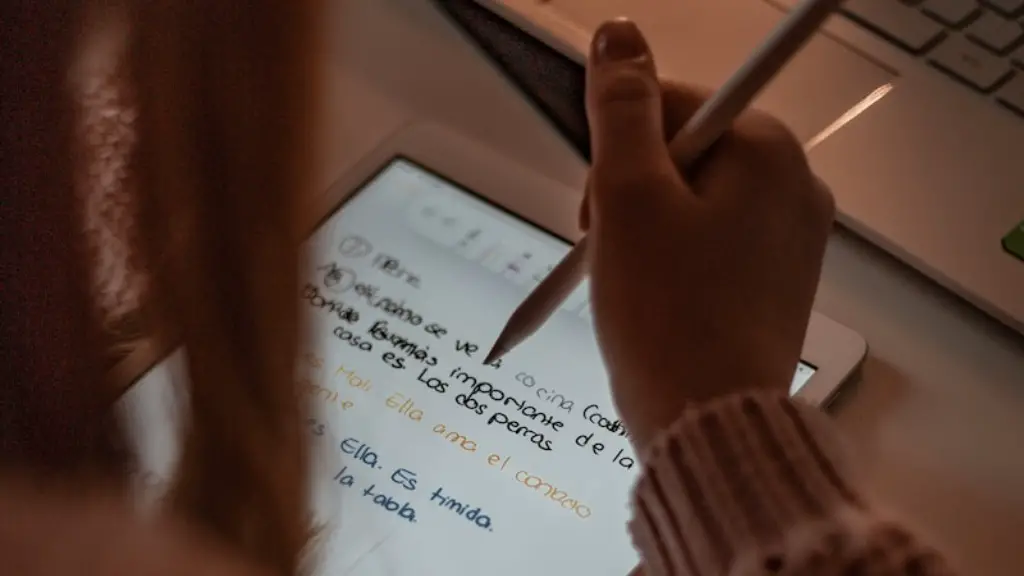Passion of Poetry
Most people have read a poem or two in their lifetime – even if they don’t consider themselves to be a fan of poetry. For some it’s simply a way to fill a page of school homework, for others it’s a way to express emotions too deep for ordinary words. Regardless of what role poetry plays in someone’s life, it can be difficult to deny the power and impact it has on both individual and collective consciousness.
In its original form, poetry is derived from oral traditions, steeped in culture and crafted to reflect specific values, beliefs, and experiences. As such, poetry can take on a range of roles. It can serve as a mouthpiece for the oppressed, an embodiment of a nation’s shared identity, or a living record of a community’s history. It can provide a unique insight into social and political movements of the past and present, and can often be a catalyst for change.
The impact of poetry on our lives is undeniable, but it can often be difficult to quantify. It has to be experienced to be understood, and as its beauty is in the eye of the beholder, a poem can have different meaning to every individual. It is arguably the most abstract and personal of arts, and its ability to open a dialogue between the creator and the audience is one of its many charms.
Perhaps one of the most evident forms in which the impact of poetry can be felt is in its role as a therapeutic tool. Unsurprisingly, a lot of the most meaningful and emotion-rich poetry tends to be born from personal pain, and in many ways, the act of writing can be a form of self-therapy. It provides an outlet for the more complex and abstract emotions that can often feel too rooted in our subconscious to unravel.
At the same time, poetry has been a source of inspiration for centuries. It serves as a gentle reminder that despite individual trauma, we are all capable of feeling, experiencing, and expressing the same universal emotions, and can feel connected to each other in our shared humanity.
It’s easy to dismiss poetry in its contemporary form as frivolous, archaic, or passé. Yet its form has remained relatively unchanged throughout history and it is arguably this veritable consistency that has given it a platform to remain relevant. Its use across multiple generations, in different languages and cultures, is a testament to its enduring influence, and further proof that poetry still matters.
History of Poetry
The roots of poetry date back to Ancient and oral history with the earliest penned versions of poetry derived from Ancient Greece and Rome. The Romans are considered to have the earliest known and organized practice of composition and recording poetry with their Latin poetry, which served as a model for the language of Europe for several centuries. They placed huge emphasis and importance on the craft of poetry and writing.Poetry, traditionally, is a tool for communication and it has evolved ever since its early inception.
In more recent history, as existentialism spread with authors such as Franz Kafka and Albert Camus, poetic works were vastly influential, as they discussed and explored human relationships, emotions, depression, and death. Today, poetry can be interpreted as a form of creative writing, self-expression, and insight. Solitude and isolation, politically-minded meanings, and releasing innermost thoughts are common confinements in the modern poem.
Having been around for so long, even with its usage and value, continually declared as redundant in the face of modern music, news, and other forms of communication which dominate the mainstream, many still argue that poetry matters.
In the current socio-political climate, many are becoming increasingly concerned with issues of justice and equity. It is in this context that the value of poetry is becoming omnipresent, with people looking to it as a way to express solidarity, resist oppression, and explore and present alternative ideologies.
Undoubtedly, such a medium of expression allows for engagement and opinion that may be hard to express in speech, interview, or other media platforms. Its power to give voice to the voiceless and amplify unheard voices can be invaluable, and though this power cannot be quantified, its tangible effect on perception, awareness, and understanding is clear.
Weaponisation of Poetry
Because of its emotive power, poetry is often seen as being particularly effective as a weapon for social and political change. During protest movements, for example, it has often been used as a rallying call for supporters to express their anger, sadness, and sense of injustice, with the most famous of these being Martin Luther King Jr.’s famous ‘I Have A Dream Speech’.
The weaponisation of poetry is not a new concept, it has been used since antiquity as a means of protest and revolt. Perhaps the most noted example is British poet John Milton’s Paradise Lost, a poem penned in blind fury at Oliver Cromwell’s oppressive and tyrannical rule of England. Milton’s poem demonstrated that poetry can be used not just to express abstract emotions, but also to vocalise strong political positions that other forms of expression may struggle to convey.
Today, the weaponisation of poetry has been adopted by activists, musicians, and others striving to create systems of change, encouraging social movements and taking a stand on matters of considerable political importance. Acts such as Beyonce’s revelatory Grammy performance of Freedom, or rapper Common’s release of A Letter to the Free demonstrates the power of poetic expression to galvanise collective action.
In a more subtle sense, the weaponisation of poetry can also be seen in the carefully chosen words of poets and public speakers, using poetry as a source of comfort during times of crisis and conflict. On a personal level, poetry can be used to provide a coping mechanism for individuals affected by traumas of war, displacement and oppression, offering some solace, reflection, and perhaps a source of catharsis too.
Cause of Poetry
The cause of poetry can be expressed in many forms and on many levels, from the emotive to the political, but all have the power to inform, inspire, and evoke expression. People are arrested by the peculiarity of taking something, such as an event, emotion or issue, and turning it into words. The possibility of reframing reality through poetic frameworks exists and adds another layer of possibility to the existing beliefs and values of a culture.
Moreover, people can use it as an educational tool to impart knowledge and understanding. Throughout history, people have used poetry to document current trends, preferences, laws, and other observations. Verse has reconciled centuries of miscommunications and bridged divides of language, religion and class, allowing for a platform to discuss almost any topic without judgement.
In its ability to differentiate itself from other writing and language forms, poetry can provide a space for a more whimsical, abstract and creative way of exploring topics and ideas. People may find themselves outside various conventional methods of communication and discussion, allowing for a sense of freedom. Poetry is a medium for discovery and discovery leads to progress.
In essence, the cause of poetry lies in its power to evoke emotion and reach to the depths of our souls. It can transport us to lands of both imagination and reality. It can allow us to feel, express and connect with ourselves and the world around us.
Growth of Poetry
Though the methods of sharing have changed, the power of poetry has endured the test of time. The process of reading and interpreting poetry is often considered a highly personal experience. As such, readers feel a personal attachment to the poems they enjoy, and can grow and evolve alongside them.
The rapid growth in digital platforms has also meant that readers now have a range of ways to explore new written content. This proliferation has given rise to a number of different ways in which poetry is being shared and consumed, from podcasts, to Instagram and TikTok, to a burgeoning World Poetry Day website and community.
The scope of poetry has now broadened enough that it can take on multiple forms. Expressive lyrical pieces don’t necessarily have to be written in traditional form, as spoken word, rap and hip-hop, use the same language and tropes, but often with a modern twist.
Rather than making poetry an outmoded form of expression, this has allowed for wider engagement, accessibility, and a level of creativity that its originators could only have dreamed of. It may not always receive the same public recognition as other art forms, but it continues to provide refuge and hope to those that need it.
Value of Poetry
At its most basic, the value of poetry lies in its power to illuminate and entertain. Its ability to provoke thought and engage the imagination can be a potent force, especially when used to better understand ourselves and the world around us.
Poetry is often seen as the highest form of creative expression, and is frequently used to draw attention to deep social and political issues. It can uncover hidden truths, challenge common narratives and ideas, and start meaningful conversations. This is a power few objects, institutions, or philosophies can claim.
Moreover, it provides us with a sense of humanity and allows us to attempt to make sense of our emotions and experiences in a way that makes us as individuals feel understood. As such, it can be a deeply comforting and moving experience in times of sorrow and instability.
Ultimately, the power of poetry lies in its ability to speak to the individual, without ever needing to be eloquently expressed. Its profound messages can transcend language barriers and cultural divides, and can often create a sense of shared understanding that is difficult to achieve without words.
Future of Poetry
Rather than feeling intimidated by the changing nature of languages, platforms and mediums, poets have embraced them with enthusiasm. The fact that poetry continues to hold relevance despite major shifts in the cultural landscape is an impressive feat, and one which demonstrates the potential of poetry to continue having an influence in the future.
However, going forward, it is important to consider the impact of our digital age, and the ways in which technology has enabled both the democratization and weaponization of poetry in recent years. It is a difficult balance that requires a combination of boundary-pushing creativity and responsibility, but also vigilance and regulation.
In addition to digitality, there should also be a focus on finding ways to bring many of poetry’s best qualities back into public education. A culture of strong writing and reading skills can help to develop an appreciation of language and how words can be used to express emotion and tap into wider consciousness.
Though there is still much progress to be made in these areas, it is clear that there is still much to be gained from the practice of poetry. Despite its changing form and platform, the impact and power of poetry is undeniable, and it is likely to remain as such for years to come.
